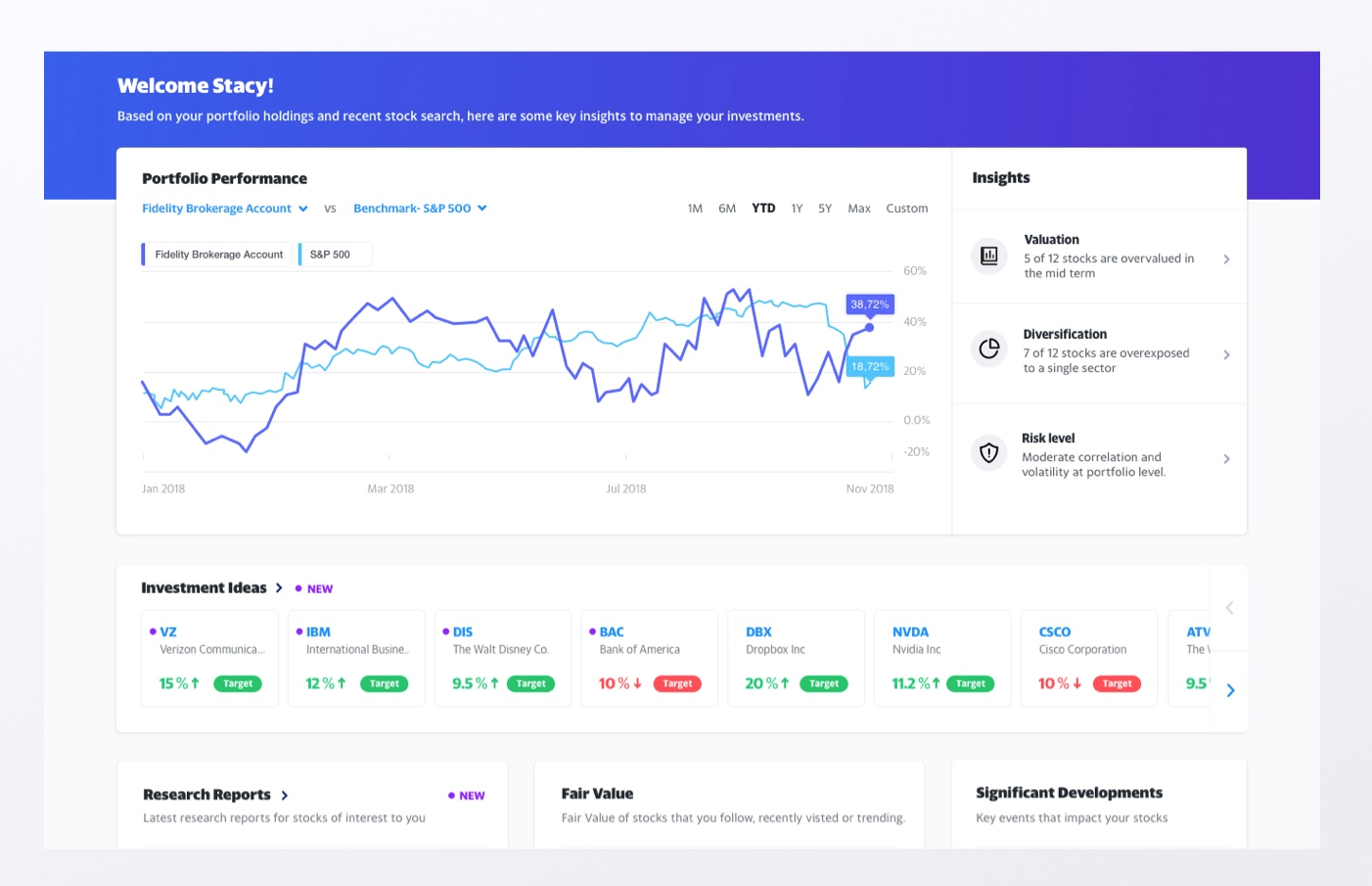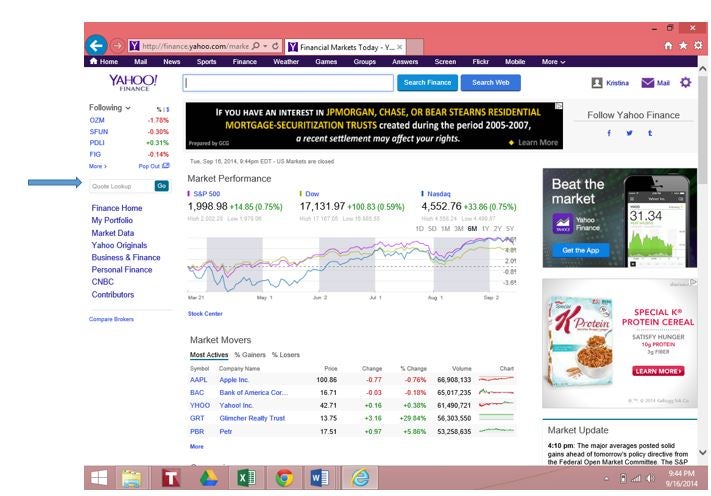

Do they need to raise by 50 basis points? So take me to the March meeting of the Federal Reserve. JULIE HYMAN: Well, that's something we've talked a lot about before, Mohamed. I think the biggest risk to the US economy is a Fed policy mistake. But I think for the United States, don't underestimate the resilience of the US economy. It will be more problematic for Europe, because you'd also get supply disruptions on top of the price hit. Does it mean recession automatically? I don't think so- certainly not for the United States. MOHAMED EL-ERIAN: It would certainly, as I said, have this stagflationary wind. But that explains also why the market is so sensitive when there's news of some sort of problem, if you like, on the ground.īRIAN SOZZI: And, Mohamed, if the situation does escalate, you could very easily get oil prices well over $100 a barrel- gas prices $5 to $6 a pop. I understand why that's the case, because most people think it's not going to happen. We're not really pricing in the possibility that this may be an armed conflict. The marketplace right now is pricing somewhere between we get a good diplomatic resolution or we stay in this uncomfortable no war and no peace. So that's why this is a significant thing to look at. Second, you would have a significant blow to sentiment, confidence, and a further blow to globalization. So the first element is simply a big cost push. And you would have disruptions in Ukraine. And if a conflict were to break out, a military conflict, then you would have sanctions that would limit exports from Russia. If you look at Russia and Ukraine, they are major exporters of a number of commodities. Is that your primary concern here regarding that and then the knock-on effects of that? Or are there other elements that we should be considering? We've seen the effect on oil prices, right- pushing oil prices up because of concerns about supply.

JULIE HYMAN: I do want to pick up on that, but first, follow up on the first comment you made about Russia-Ukraine maybe presenting a stagflationary threat to the markets. But it's nothing like the bigger one that has gone away, which is this continued injection of liquidity. That's why, actually, markets have behaved relatively well. And once you take that anchor away, you're left with a corporate earnings anchor. We can no longer depend, and rely, and predict massive injections by the Federal Reserve. We have lost our most important anchor.įor a very long time, this market had the anchor of a very accommodating liquidity regime. But there's also something else, as you rightly point out. So that factor is something that the markets are keeping an eye on. The conflict itself, if it were to get worse, which is a big if, but if it were to get worse, would blow a very strong stagflationary wind through the global economy.

Is that because of the nature of the conflict or the nature of markets right now? You know, we've been through a lot of market cycles, right? And we have seen geopolitical conflicts before or threats of conflicts that don't really seem to affect US equity markets. I want to bring in Mohamed El-Erian, he's President of Queens College at Cambridge University and Chief Economic Advisor at Allianz. So let's get some perspective on this as well as, of course, perspective on the Fed and inflation. And the market has been very sensitive to those headlines. JULIE HYMAN: As Ines just pointed out, all of these headlines coming out on Ukraine and Russia, it's a very fast-moving situation, a lot of conflicting headlines. Mohamed El-Erian, president of Queens College, Cambridge University, and Allianz Chief Economic Advisor, joins Yahoo Finance Live to discuss surging inflation, markets, and how the economy will react to the Fed's decision.


 0 kommentar(er)
0 kommentar(er)
